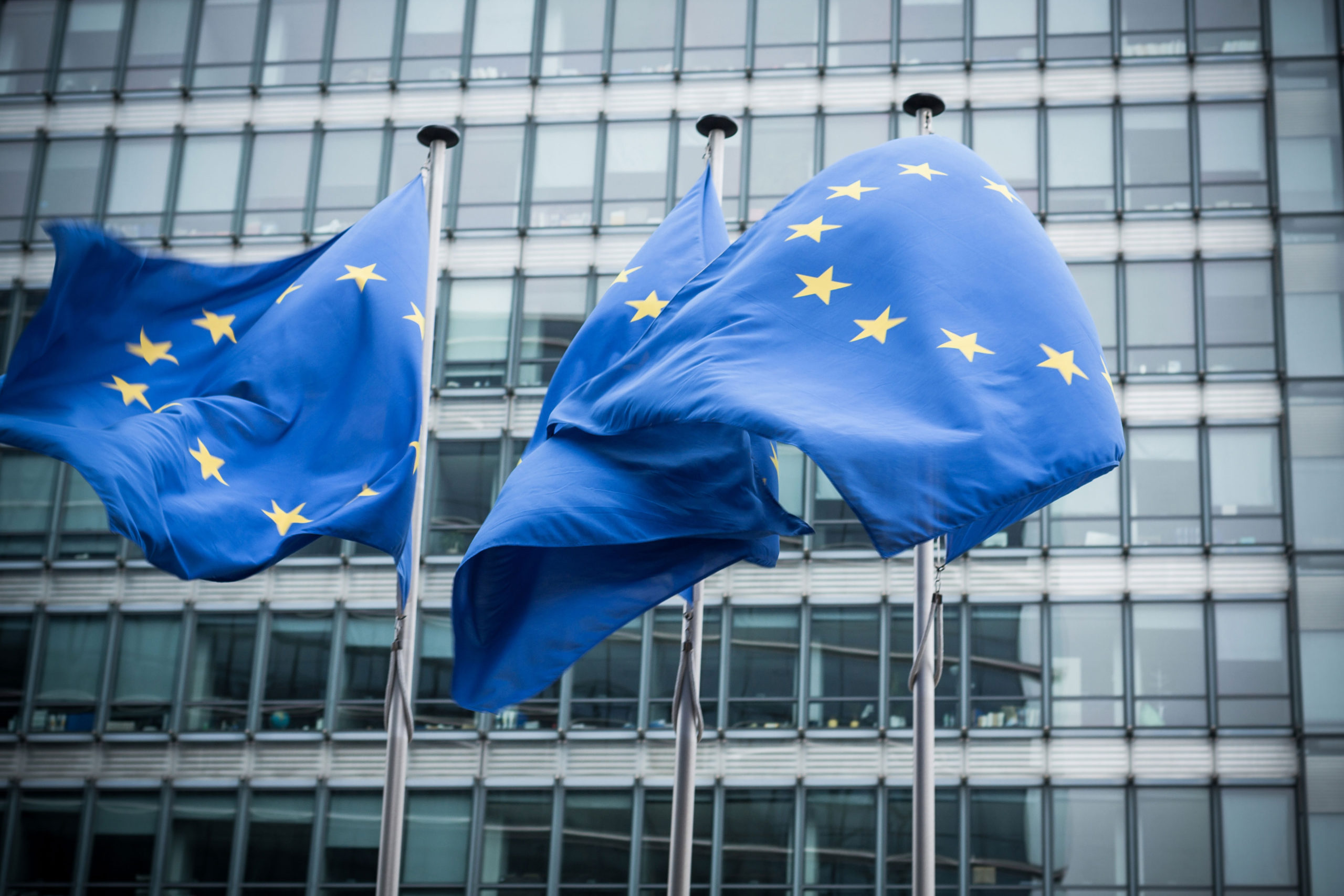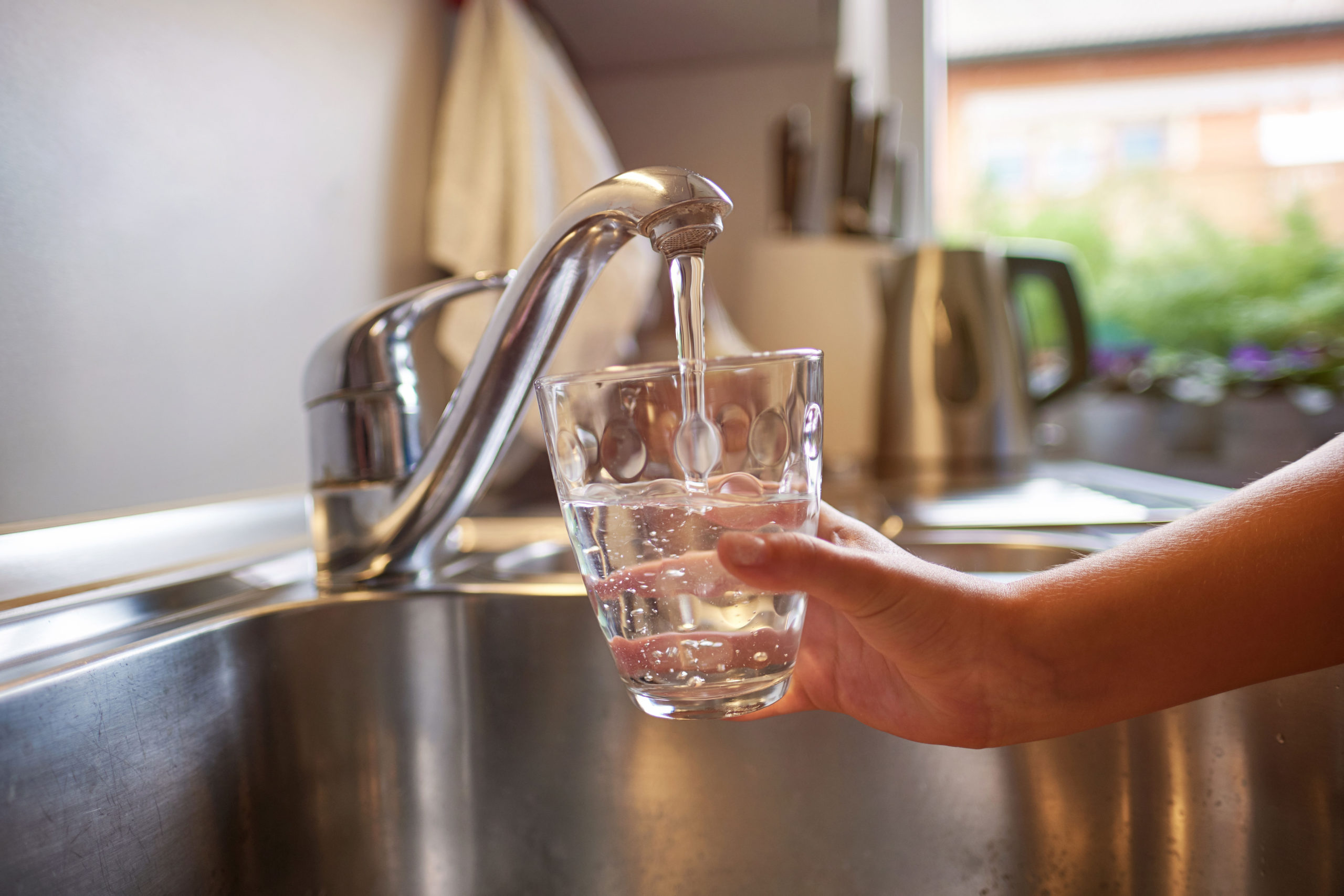Food contact
Materials and articles intended to come into contact with food are covered under the Framework Regulation on materials and articles intended to come into contact with food (EC) No 1935/2004. In Annex 1, it is mentioned that ion exchange resins may be covered by specific measures.
Commission Regulation (EC) No 2023/2006 “on manufacturing practice for materials and articles intended to come into contact with food” sets more specific requirements on good manufacturing practices.
In Europe, the only document available to ensure the resin safety is the Council of Europe Resolution ResAP(2004)3 on ion exchange and adsorbent resins used in the processing of foodstuffs. The Resolution includes a list of substances that can be used in the manufacturing of ion exchange and adsorbent resins. The Council of Europe Resolutions are not legally binding but are referred to in the absence of legislation.
With the developments of new resins and changes in classification of chemicals, Soia is supporting the national authorities in updating this Council of Europe Resolution. We also contribute with detailed information on resin testing and guidance to help end-users using resins in foodstuff production.
Commission Regulation (EU) No 10/2011 on plastic materials and articles intended to come into contact with food (PIM) does not cover ion exchange resins and adsorbents (Article 2.2). However, the substances listed on the PIM can be used in resin production.
Potable water
In the EU, there is no legislation covering the use of ion exchange resins and adsorbents in potable water production. At present, potable water regulations are primarily drawn up by four leading European states.
Germany, France, the UK and the Netherlands, which have their own specific requirements. Some covering resins are employed for direct treatment of water supplies into the home and others for covering treatments at municipal waterworks separately. Not all countries have their own specific regulations but recognise compliance with, or approval by, other country regulations. See section National legislation for further details.
SOIA continues to promote a European regulatory approach to synthetic resins and adsorbents used in the production of potable water; in municipal, commercial and domestic applications.
REACH
Ion exchange resins and adsorbents are considered polymers under REACH. Polymers are exempt from title II Registration and Title VI Evaluation of REACH.
The manufacturer or importer of a copolymer will need to register the monomer(s), or any other substance chemically bound to the polymer at 2%w/w or greater. Unless these substances have already been registered by the supplier or another actor up the supply chain. One exception is non-isolated intermediates, which are exempt from registration.
SOIA closely monitors the developments of REACH. Although ion exchange resins and adsorbents are currently exempt from the registration, the full implications of REACH do apply to the European resin manufacturers. All chemicals used in the production of these polymers are not only registered, but they are also listed as precursors in the production of resins and adsorbents.

